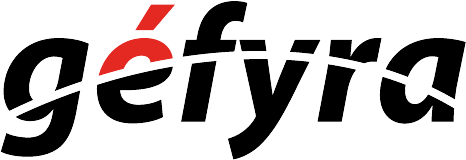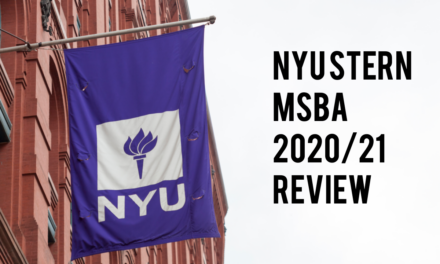At the point of this writing, my class will be graduating from school soon. It sparks the end of trying to go to school after work and religiously completing homework or projects to keep up with the school’s curriculum.
As a parting gift, I thought I should share some things before they officially graduate.
This Is The Beginning And Not The End
It is okay to miss homework and assignments since school allows you to fail and gives you some leeway to recover from your mistakes.
But in the working world, you can’t just miss your deadlines without severe repercussions. I’m talking about the trust and reputation which you need in order to flourish, and if you can’t keep up, it is easy for a company to relegate you to duties which you don’t want to do.
Worse still, you could find yourself out of a job.
Thus, this is the beginning of:
- Self-study. I spent thousands of dollars keeping up on my own without the help of my company. Of course, good companies do provide you with resources to keep up in your skills, but you’re responsible for your career.
- Experimentation. Build prototypes, pipelines, and dashboards to showcase your work. Studying itself cannot get you anywhere.
That’s the reason why a coding or data boot camp goes broad in their teaching, and not deep. It takes time to go deep, and you can buy knowledge, but you can’t buy experience easily. Experimentation will be key to your success as a Data or Software Engineer, or a Data Scientist.
If You’re New To This Industry, Finding A Job Can Be Daunting.
I teach a Data Analytics Bootcamp, and we cover a lot of assignments and projects which involve coding.
The daunting thing about finding a job is always the coding interview. I’ve been to interviews at Facebook before, and it involved a couple of phone interviews which involved coding, and a trip down to their office for a 4-hour interview.
During the phone interview, there is a software where you type into, and your interviewer could see what you type. If you cut and paste answers from the web, they will know.
For the on-premise interview, during each hour, different people will test you in different facets of your skill set, and so it depends on what you’re applying for. When I was tested, I was tested on product vision, Python and algorithms, databases, and I can’t remember the last facet now (I think it was data visualizations if I’m not mistaken).
They give you a whiteboard, and you’re to write your code on it.
If you’re not used to writing or explaining code on paper, you’ll feel pretty handicapped since you don’t have your trusty computer to tell you your mistakes when you run code. I conducted coding interviews, and I literally saw an interviewee freeze and he had a mental block because of anxiety.
What you can do for practice:
- Cracking The Coding Interview By Gayle Laakmann McDowell is a good source of coding interview questions. I suggest grabbing a copy and practicing on them.
- There are free online resources for coding interview questions for specific companies you’re going for. You might want to take a look at those too, but their solutions are generally user-submitted answers and they don’t provide the best answer necessarily.
- Find a friend whom you can talk code with (your classmates, and I hope you made friends). Explain on paper, and see if you understand each other.
Summary
It will take time and effort to prepare for coding interviews, and I suggest spending at least two weeks to study for it. Data structures, algorithms and fundamentals are always important, and do your best to upkeep yourself for your road ahead.
Disclaimer
All links may contain affiliate links to earn commissions based on sales.




